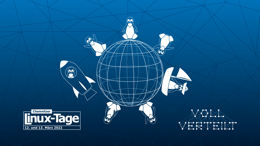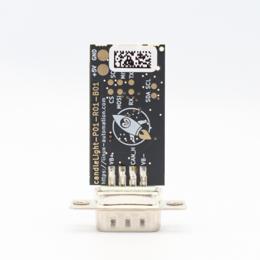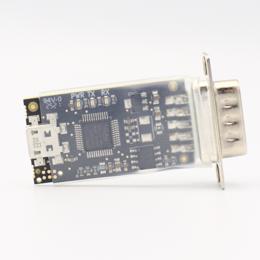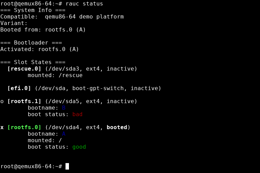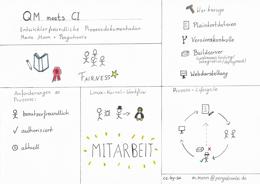Blog
CLT-2022: Voll verteilt!
Unter dem Motto "Voll verteilt" finden die Chemnitzer Linux Tage auch 2022 im virtuellen Raum statt. Wie auch im letzten Jahr, könnt ihr uns in der bunten Pixelwelt des Workadventures treffen und auf einen Schnack über Linux, Open Source, oder neue Entwicklungen vorbei kommen.
First Steps using the candleLight
So you went and got yourself one of our fancy rocket-penguin branded CandleLight dongles or, being the die hard hacker you are, went and soldered one up in your toaster oven labeled "not food safe". What's next then? How do you use this thing? Let's answer these question by grabbing a Raspberry Pi and exploring some of the possibilities.
Pengutronix at FOSDEM 2022
"FOSDEM is a free event for software developers to meet, share ideas and collaborate. Every year, thousands of developers of free and open source software from all over the world gather at the event in Brussels." -- FOSDEM
RAUC v1.6 Released
While major changes are about to come, the RAUC v1.6 release already paves the way under the hood. Built-in streaming support will be one of the next features built on top of the 'verity' bundle format in RAUC.
Did you know? Initializing CAN interfaces with systemd-networkd
End of January systemd 250 was added to Debian bullseye backports. With a lots of new features and fixes now comes the possibility to set the timing of CAN bus interfaces with systemd-networkd. In this blogpost I will take a look at why this helps us maintain our embedded Linux labs.
Tutorial: Evaluating RAUC on QEMU - A Quick Setup With Yocto
RAUC is an update framework for safely deploying verified updates on your embedded Linux devices. It ensures atomicity of the update process to protect from sudden power outages, hardware failures, etc. So, why would one like to run RAUC on an emulated platform?
Wir haben doch etwas zu verbergen: Schlüssel mit OP-TEE verschlüsseln
Moderne Linux Systeme müssen häufig zwecks Authentifizierung bei einer Cloud- basierten Infrastruktur oder einer On-Premise Maschine eigene kryptografische Schlüssel speichern. Statt der Verwendung eines Trusted Platform Modules (TPM), bieten moderne ARM Prozessoren die TrustZone-Technologie an, auf deren Basis ebenfalls Schlüssel oder andere Geheimnisse gespeichert werden können. Dieses Paper zeigt die Nutzung des Open Portable Trusted Execution Environments (OP- TEE) mit der Standardkonformen PKCS#11 Schnittstellen und i.MX6 Prozessoren von NXP als Beispiel.
Conferences 2021: A Retrospective and Outlook
Besides the improvements around embedded Linux software and ongoing development of Linux kernel components, the Pengutronix team took the corona pandemic as an opportunity: Last year, many conferences were accessible via internet, so we joined from the comfort of our home offices and shared our experiences and ideas with the community.
Pengutronix Kernel Contributions in 2021
2022 has started, and although Corona had a huge impact on our workflow, the Pengutronix team again made quite some contributions to the Linux kernel. The last kernel release in 2020 was 5.10, the last one in 2021 was 5.15, so let's have a look at what happened in between.
QM meets CI
"Hey Marie, how do I schedule my vacation dates again?", since I'm working in the management division of Pengutronix, I know these kind of questions very well. Writing down the processes enables me to answer "RTFM". Processes are organizational tasks that need to be performed over and over again, sometimes based on a fixed interval - sometimes on demand.


